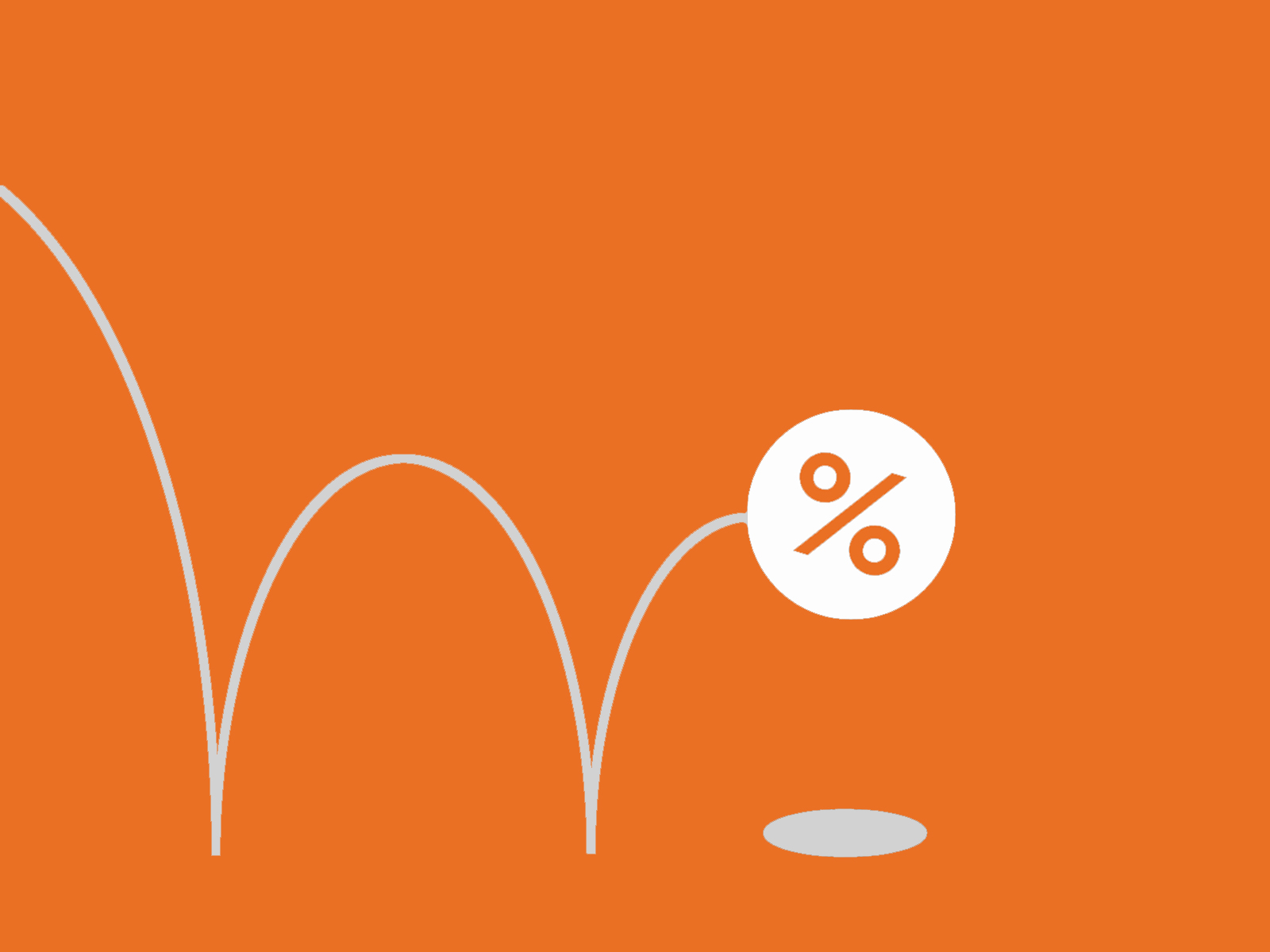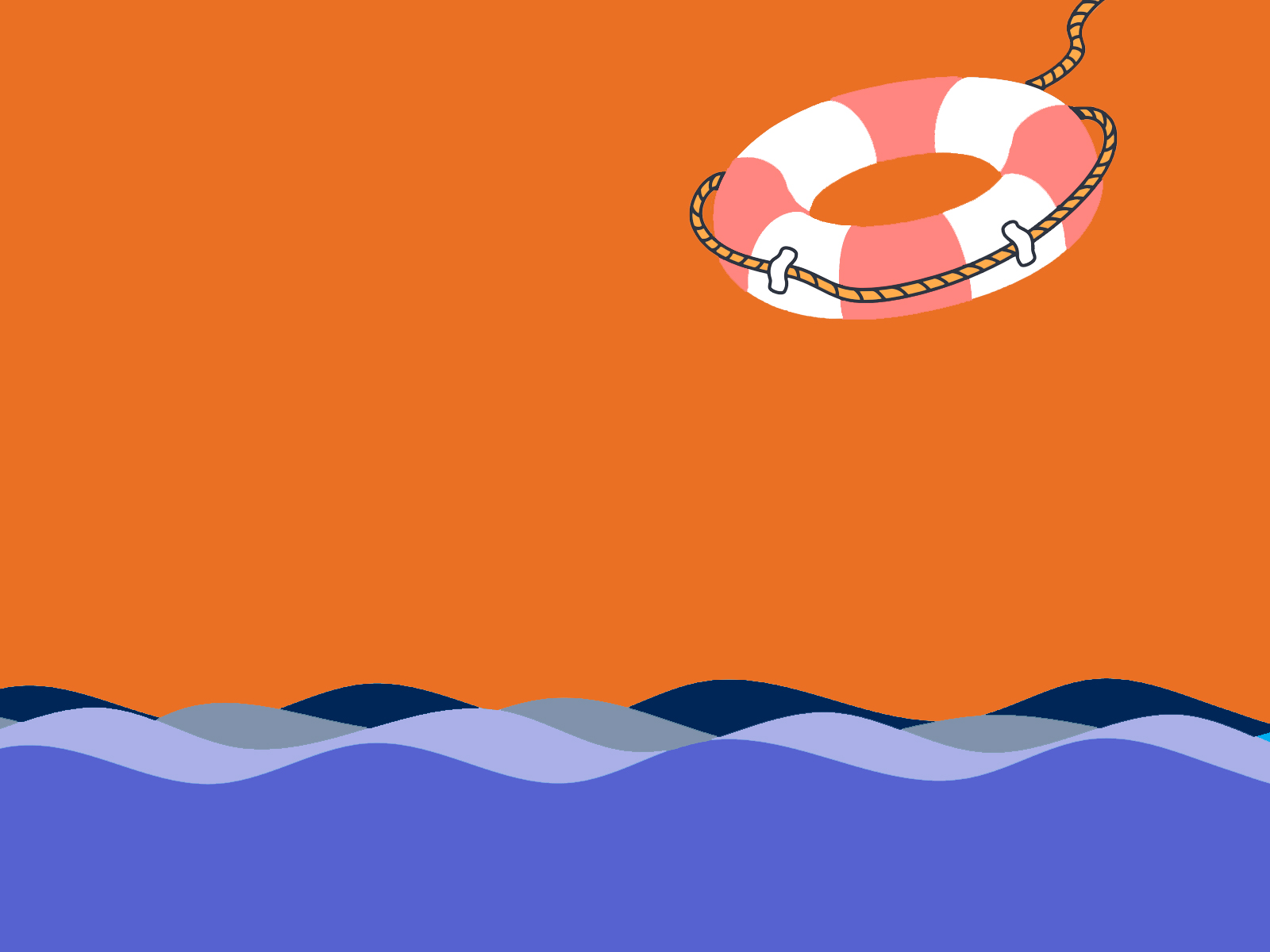Should You Consolidate Your Debt?
Is your debt spiraling out of control? Are you paying monthly interest charges on several credit cards and other sources of debt?
Have you ever signed up for an in-store credit card to take advantage of a great offer? Who hasn't, right? But while that extra 20% off may have seemed like a good deal at the time, it only remains so if you pay off the bill in full and on-time.
Credit cards – in particular, store credit cards – charge some of the highest interest rates of all forms of debt. If you end up carrying an outstanding balance on multiple credit cards, you may want to consider a debt consolidation loan or line of credit.
What's debt consolidation?
In simple terms, debt consolidation involves taking out a new loan or line of credit and using it to pay off existing higher rate debts. This saves you money by reducing your overall interest charges. Plus, moving from multiple bills to one monthly payment can help simplify your finances.
Personal loan vs. Line of credit
A personal loan provides you with a set amount of money that you repay according to a fixed schedule. A line of credit enables you to draw the amount you need when you need it (up to a pre-approved limit) and to pay it back anytime you want, as long as you make the required minimum monthly payments.
Home equity line of credit
If you own a home, carl pierce, tangerine's director of retail lending products, says a good option can be a home equity line of credit. It allows you to borrow up to a certain percentage of the value of the equity you've built up in your home. And because the loan is secured against your home, it has the advantage of carrying a lower interest rate than an unsecured loan or line of credit.
How much can you save?
Consolidating debt at a lower interest rate can result in significant savings.
"The minimum interest payment on $50,000 of debt at 9% is $375 per month," explains pierce. "At 4%, the minimum interest payment on that same debt is reduced to $167 – a saving of $208 per month."
This makes it possible for you to pay off your debt faster, says pierce. "It would take you 5 years to pay off $50,000 of debt at 9% at $1,038 per month. If you reduced the rate to 4%, but kept your monthly payments the same, you could pay off the loan 7 months earlier and save $7,100 in interest."
You still need to pay back the loan
The important thing to keep in mind when consolidating debt and lowering your required monthly payments is that you still need to pay back that loan. "The biggest risk is that once you get a lower minimum payment, you take the difference and spend it," says pierce. "The idea is to move to a lower rate but use the savings to pay the loan off faster – with a disciplined repayment plan, the savings can be substantial."

